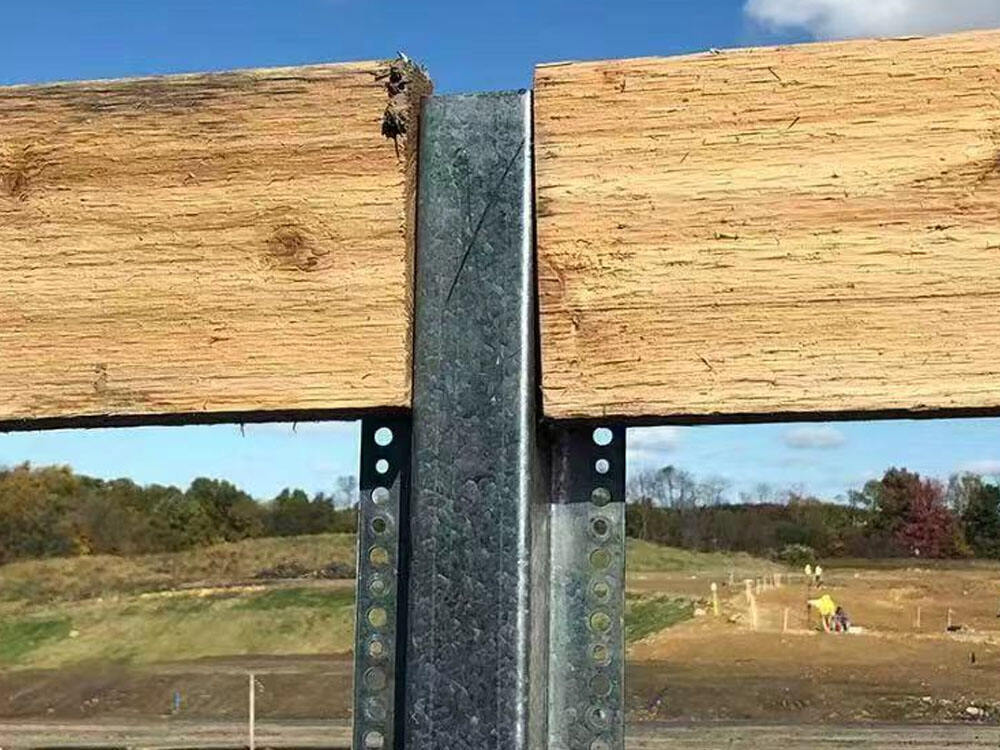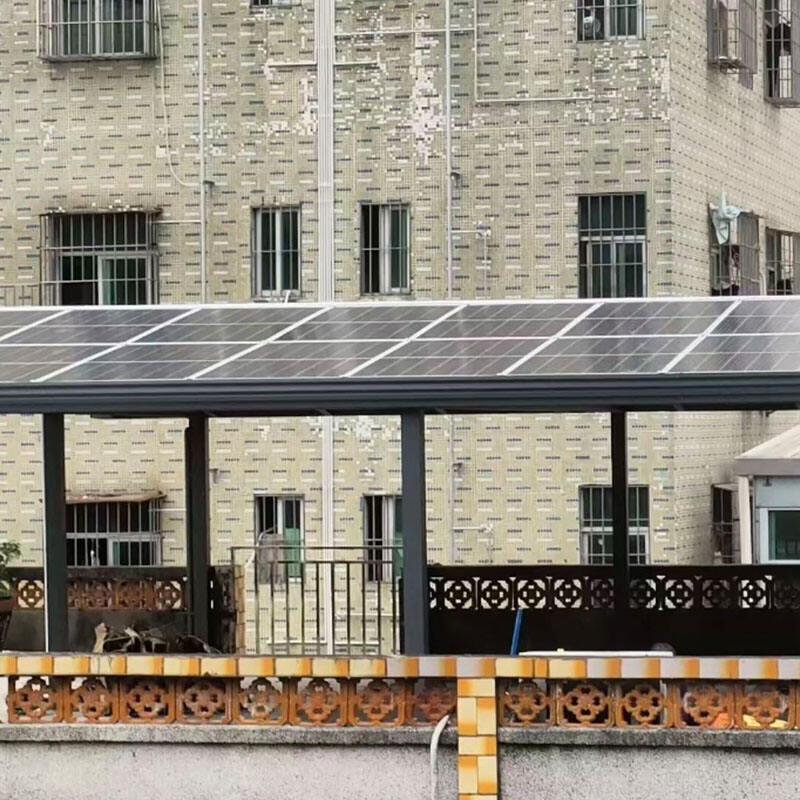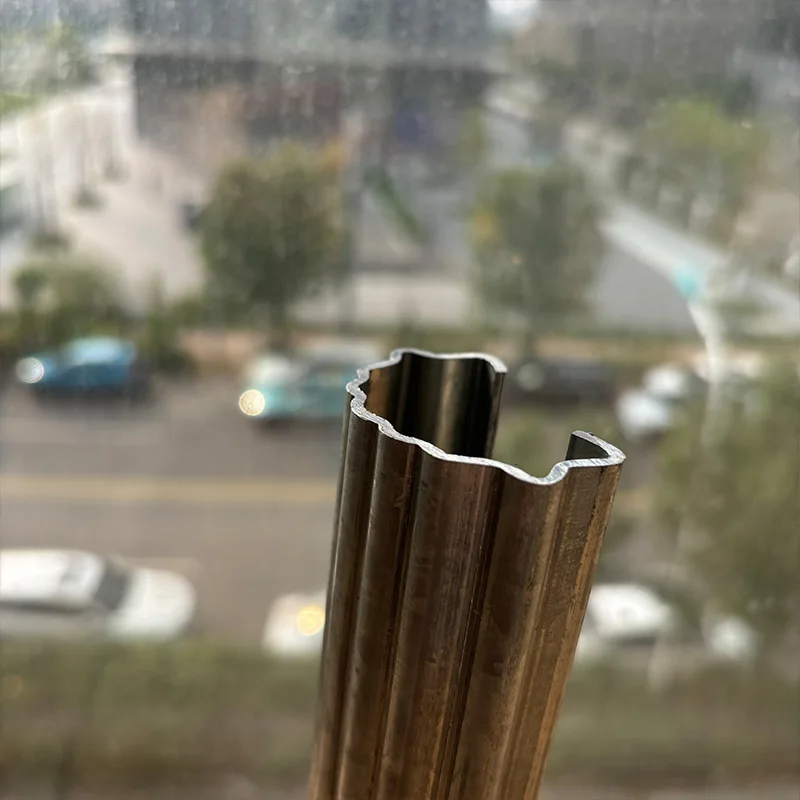Black Annealed Tie Wire
- Overview
- Related Products
Black Annealed Tie Wire

| name | Black Annealed Tie Wire |
| Material | low carbon wire |
| Size | Wire Diameter:0.8mm (20 AWG) to 2.5mm (12 AWG) |
| Application | weaving wire mesh,baling or construction. |
| Characteristic |
softer than ordinary black wire Stronger flexibility,Uniformity of softness,chromaticity is the same. |
| Package |
Inside with plastic fim,outside weaving bag. inside with plastic film,outside hessian cloth. |

Product Overview
Black Annealed Tie Wire (also known as soft annealed binding wire or black iron wire) is a low-carbon steel wire that has undergone an annealing process to increase flexibility and reduce brittleness. It features a dark oxide surface (from annealing) and is commonly used for bundling, baling, and light construction applications due to its ease of handling and knotting.

1.Key Specifications
Material:Low-carbon steel (Q195, SAE 1008-1010)
Wire Diameter:0.8mm (20 AWG) to 2.5mm (12 AWG)
Tensile Strength :300–500 N/mm² (soft annealed for flexibility)
Surface : Smooth, dark oxide layer (uncoated)
Elongation: ≥15% (excellent ductility)
Standards :ASTM A641, ISO 8458-1, EN 10218-2
2.Manufacturing Process
Wire Drawing: Cold-drawn to precise diameters.
Annealing: Heated to 650–750°C in a controlled atmosphere, then slowly cooled to soften the wire.
Surface Oxidation: Natural dark oxide layer forms during cooling (no additional coating).
Spooling: Wound onto coils (typically 5kg–50kg) or spools (100kg–500kg).
3. Applications
Construction: Tying rebar, securing scaffolding, bundling pipes.
Agriculture: Baling hay, trellising plants, fencing repairs.
Packaging: Binding cardboard, securing pallet loads.
DIY/Home Use: Crafts, temporary fixes, gardening.
4. Competitive Advantages
✔ Superior Flexibility: Easy to twist and knot by hand (unlike hard-drawn wire).
✔ Rust-Resistant Oxide Layer: Mild corrosion protection for indoor/short-term outdoor use.
✔ Cost-Effective: 20–30% cheaper than galvanized or PVC-coated wires.
✔ Wide Compatibility: Works with manual tools or automatic baling machines.
5. Quality Assurance
Bend Test: Wrapped around a mandrel (2x diameter) without cracking.
Dimensional Tolerance: ±0.02mm for consistent diameter.
Batch Certification: Mill test reports (MTRs) available.















